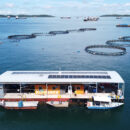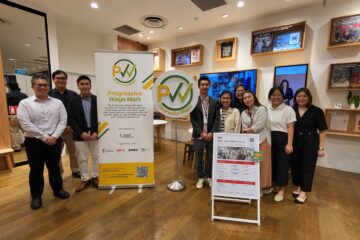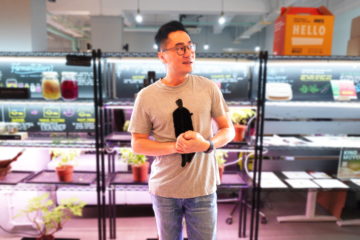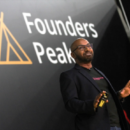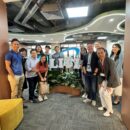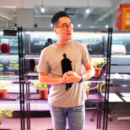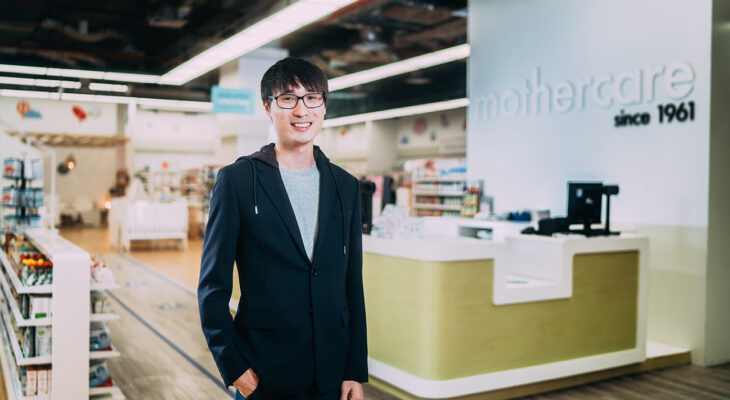
Leaving No Employee Behind Through Digitalisation
Mothercare remains committed to the welfare of its workers as it strives for growth amidst an unprecedented crisis.
Retail is amongst the industries hit hardest by the coronavirus, and the challenges faced by brick-and-mortar retailers are snowballing at an astonishing speed in the wake of the pandemic. In the past year, many retailers were forced to retrench their workers and freeze or cut wages to keep their businesses afloat.
Despite the challenges, Mothercare went out of its way to shield its employees from the impact of the crisis, going as far as to set up a fund to help make up for lost wages and commissions during periods of store closure.
As a retailer of baby care products, it is befitting that Mothercare adopts a similarly caring attitude towards its employees. Mothercare Managing Director Pang Fu Wei shares his insights into supporting the growth of his employees, and how digitalisation is playing a big part in the company’s transformation.
As an inclusive employer, what measures did Mothercare introduce to take care of its employees during the pandemic?
During the peak of the COVID-19 pandemic last year, our company set up a S$50,000 tough times fund. This initiative came about following conversations with my staff, including frontline and foreign employees, who were most concerned about their job security and potential income loss.
Since our physical stores were closed, our sales teams lost their commissions. I felt compelled to provide additional support, especially for employees most affected by basic bread-and-butter issues during this period.
One of our company’s values is ‘Unite’, and we started this fund because we did not wish for any of our employees to suffer during these difficult times. I believe that if we take care of our employees, they will in turn take care of the business and customers for us.
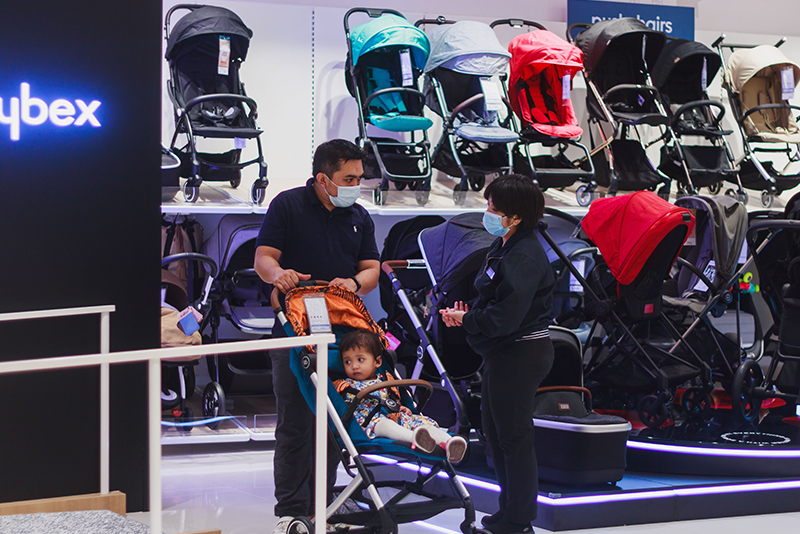
How did Mothercare upskill your workforce to maintain a culture of continuous improvement?
Mothercare has always emphasised the need for upskilling. We have a strong culture of continuous improvement and are conscientious in keeping pace with the industry. Every new capability gained – be it e-commerce, digital marketing, experiential retail, or artificial intelligence – fundamentally changes the way we work.
When the COVID-19 pandemic struck, this process was further accelerated. The lull in business growth during this period provided us with the bandwidth to focus on our internal processes such as redesigning and retraining more job functions.
In 2020, we made the active decision to participate in Workforce Singapore’s Job Redesign programme, which provided us with a better, more formal structure to our upskilling exercise. The subsidy provided also accorded us the resources to place more staff on training. At the end of the job redesign programme, participating staff were given a salary increment in recognition of them having acquired new skillsets, which had in turn increased their productivity at work. We have since redesigned multiple job functions, ranging from sales and operations to marketing.
Why is digitalisation important for Mothercare’s position as a future-ready business?
Prior to the pandemic, Mothercare was already on a digitalisation drive, as the growth of e-commerce had been outpacing physical retail stores for many years. We embarked on Project Go Digital in 2019 and underwent a massive revamp of our website, as well as Enterprise Resource Planning (ERP), Point-of-Sale (POS), Customer Relationship Management (CRM), and Warehouse Management System (WMS) systems.
Driven by an ethos for service excellence, we focused our efforts on adapting to customers’ changing needs. The impact of COVID-19 on the retail business further accelerated these digitalisation efforts.
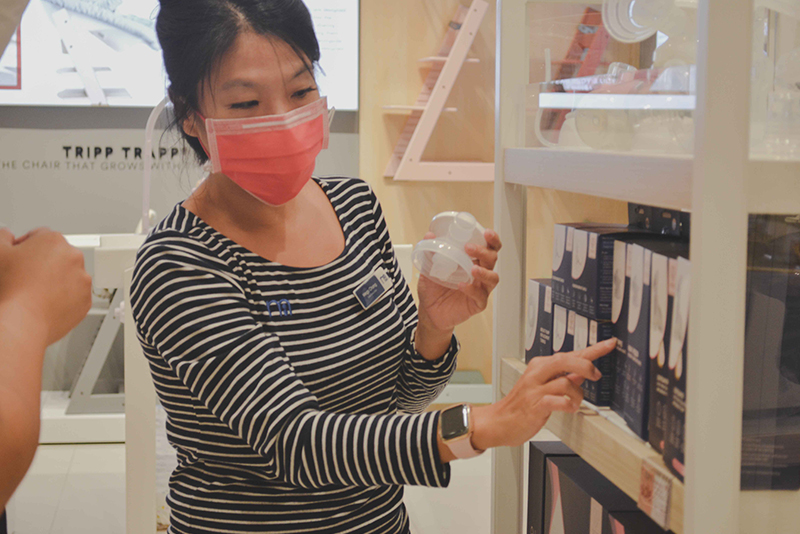
How does having a constant feedback loop improve the implementation phase of digitalisation?
Employees are the heartbeat of the business. Supporting our staff during the company’s transformation journey enabled the successful adoption and handling of changes within the organisation. It allowed our staff to understand and commit to the shift, and to work efficiently during the transition.
The embracing of a growth mindset has always been part of our company culture, and we did not face any problem with obtaining buy-in from our staff when embarking on this initiative.
However, as with every implementation of a new system, there is a period of transition, and time was spent familiarising ourselves with the new system and processes. User training, user feedback, and the refining of processes during the first few months were critical to ensure the success of the implementation.
What are some key successes arising from Mothercare’s successful digitalisation drive?
From the customer’s perspective, the new website is refreshed with better navigation and product information, including stock availability by location. This is something our old system could not cater for given the multiple data silos. The website also has improved search function and new features such as the one-hour Click-and-Collect option, which sets us apart from competitors as one of the first in the industry to introduce such an offering.
Internally, the restructuring of the system has led to the removal of data silos and discrepancies between applications. This reduces duplication of effort and cuts down the amount of time spent on administrative work, which allows our staff to spend their time more productively on higher value work.
The Sustainable Employment Pledge
This article is part of a series of features that share the best practices of partners who have taken the Sustainable Employment Pledge. Companies that take the SBF Sustainable Employment Pledge can display the Pledge Partner logo in recognition of their commitment to being a trusted employer and contributor to the Singapore business ecosystem. If you are our existing Pledge Partner, simply complete this form to start using the Pledge Partner logo.
If you have not done so, sign up as a Pledge Partner here to begin your sustainable employment journey. If you have any sustainable employment stories to share or refer, we would also love to hear from you here!



